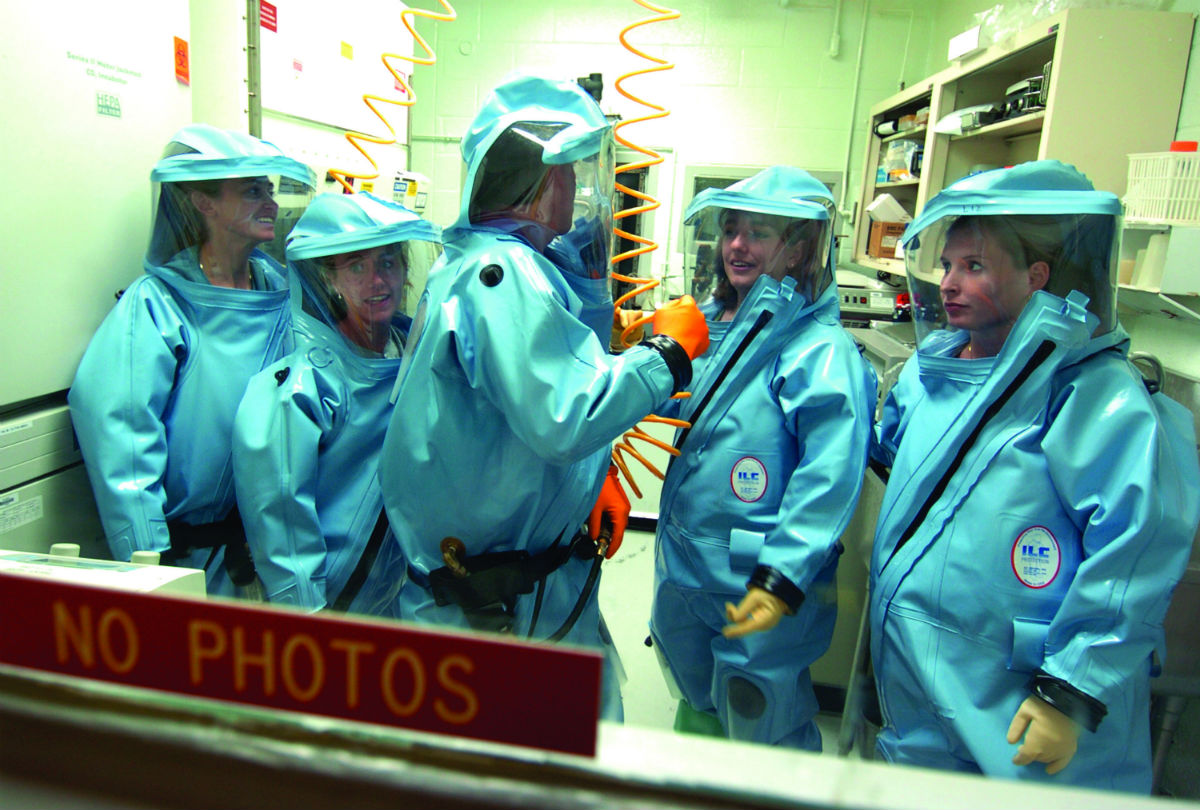Touro Professor Plays Role in Ebola Vaccine Development
Spotlight on Dr. Kathleen DiCaprio

At what point in your life did you know you wanted to be a researcher? Was there any special moment that made you realize this was your passion?
There really was no “aha moment” for me. I always knew I liked science, but in college I had no idea what I wanted to do. I considered becoming a doctor or researcher as I didn’t realize there were other options for careers in science. I was a biochemistry major and ultimately, didn’t feel medicine was for me so I went into research. I like solving problems and research afforded me the opportunity to do that. There’s always a question and something to solve and I’m extremely motivated by that. Working on disease studies as well as vaccine research in graduate school solidified my passion to work in research. I was excited by the challenge of figuring out how these viruses were causing such devastating disease while at the same time trying to figure out ways to counteract that disease. Working on the ebola vaccine provided me the opportunity to contribute to the advancement of science and to save lives.
What was your role in developing the ebola virus vaccine?
In collaboration with colleagues at the Public Health Agency of Canada, I worked with scientists at the United States Army Medical Institute of Infectious Disease (USAMRIID) to study the efficacy and safety of the vaccine in non-human primates, such as monkeys. All the work was conducted in safe and protected laboratory space. Extreme measures were taken to ensure that no virus left the lab. I spent all my time there in a spacesuit!
Recently, news released in a prominent medical journal pointed to the success of the vaccine you worked on to protect people against ebola. How did you feel about this?
This is great news! It is always terrific to hear of successes in medicine that save lives and or improve quality of life. I feel very lucky to have worked with such great scientists on the initial vaccine studies and to have played a role in this exciting medical advance that will impact public health for years to come.
How do you promote research in your current position as professor at Touro College of Osteopathic Medicine? What kind of opportunities exist at the school?
Touro College of Osteopathic Medicine in Harlem has research labs for students to conduct mentored research projects. I am always encouraging students to explore these opportunities. Currently, interested students can work on research in oncology, immunology and neurology.
What message do you give students who are interested in pursuing a research career?
I encourage students to find something about which they feel passionate. I share my experiences, both the good and the bad, and hope that it gives them another perspective as they explore careers and make decisions.

